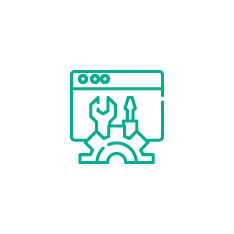Since the beginning of Neo N3 Mass Migration, wallets new and old have completed the voyage to the N3 network. By the end of September, over 65% of native assets had successfully migrated. Neo users have signaled their readiness to tap into the potential of the platform, and developers in the Neo community worked tirelessly to arm creators of next-gen applications with the tools they need to succeed with their applications.
The distributed nature of development in the Neo ecosystem means the ecosystem continues to evolve in a variety of directions. Over the last two months, the general theme has been one of reflection—what is the state of N3 now? What do builders on N3 still need?
Each team in the ecosystem, from core developers to independent development groups, asks itself similar questions, and each determines its own answer. COZ’s answer was to address the needs of the end user directly, continuing its efforts to usher in WalletConnect as the ideal protocol for connecting wallets with dApps in the Neo N3 ecosystem.
As it continues to onboard Java developers to the N3 platform, AxLabs observed the need for better testing facilities. In response, it built a new test framework for Java smart contracts, included as one among a plethora of other upgrades to the Neow3j library.
In the Neo core, attention temporarily turned away from new functionality to instead explore usability enhancements and unlock the latent power of existing features. The most notable example is the StateService, which received new RPC calls for accessing archived data. Having helped encourage the update, NGD Enterprise proved quick to capitalize. The team launched its new Neo Trace tool, a command line utility that uses the state service to capture transaction traces from any Neo N3 network, letting developers debug with real network data as if it was running on the blockchain itself.
Regular readers of the Neo Global Monthly Report will notice a change in format for this edition. We are updating the composition of these reports to make them easier for readers to consume: Instead of delivering one report every month detailing all activities within the Neo ecosystem, we will begin alternating each month between focusing on general progress and focusing on development.
This edition is the latter and will guide you through the most noteworthy development progress. Included below are updates from both the Neo core protocol developers and the independent global community groups focused on N3 ecosystem tooling and infrastructure.

















